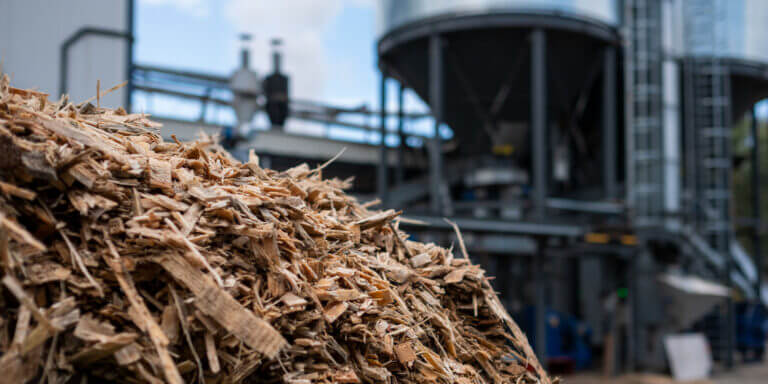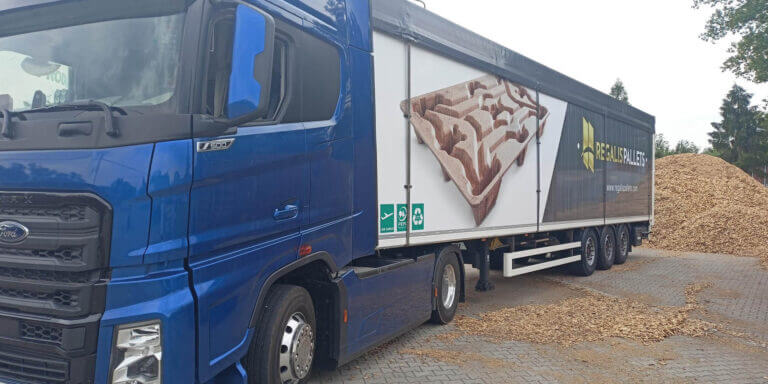New regulations, new challenges: how will Nature Restoration Law affect the transportation pallet market in Europe?
Ecological challenges
Costs associated with obtaining raw materials and adapting production processes
Sourcing of raw materials
The introduction of sustainable forest management practices can affect the availability of wood raw material. Pallet manufacturers will have to adapt to new logging standards, which may include higher costs due to logging restrictions and the need to comply with sustainable forest management certifications.
Certification and standards
The introduction and enforcement of minimum standards for wood certification systems may require pallet manufacturers to source raw material from certified suppliers. This may increase the cost of production, but at the same time provide access to markets that require such certifications, such as. ISPM-15 for international transportation.
Production costs
The cost of manufacturing wooden pallets may increase due to the need to comply with new regulations. This includes both the cost of certification and potentially higher prices for raw timber that will result from more sustainable forestry practices.
Investment in technology and innovation
Manufacturers may need to invest in new technologies and innovations to manage raw materials more efficiently and minimize waste. This could include implementing alternative pallet materials or optimizing production processes.
Taking advantage of development opportunities
A changing market
Growing environmental awareness and an emphasis on sustainability may increase demand for sustainably sourced products. Wooden pallet manufacturers that adapt to the new standards can gain a competitive advantage in the market.
The solution from BosPal
BosPal, with its eco-friendly pressed wood pallets, is well positioned for these changes and can take advantage of the competitive advantage of early implementation of environmentally friendly technologies.
Pallets made of pressed wood, which are lightweight, durable and recyclable, are becoming more attractive to customers who value ecological and economical solutions.
Conclusions and outlook
In conclusion, the Nature Restoration Law introduces changes that could have a broad impact on the transportation pallet market in Europe. It poses new challenges for manufacturers, but also opens up new opportunities related to the implementation and development of sustainable, green products.
While the new regulations may initially increase production costs, the long-term benefits, such as reduced operating costs, improved corporate image and competitive advantage, may offset these expenses. Companies that quickly adapt to the new regulations have a chance to strengthen their position in the market and become leaders in the sustainable pallet industry.
We invite you to continue to follow our blog, where we will keep you updated on regulatory changes and their impact on our industry.




